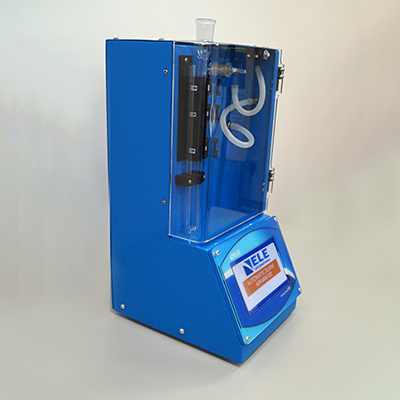
Cement is a binding material used with fine aggregate to produce mortar for masonry, or with sand and aggregates to produce concrete. Construction cements are usually comprised of lime or calcium silicate and combined with fly ash. They are categorised as either hydraulic (E.g. Portland cement) or non-hydraulic, depending on their ability to set in water.
High-quality cement is necessary to produce concrete and mortar that meets relevant construction industry specifications. ELE international designs and manufactures a wide range of sample preparation and cement testing equipment which complies with global standards for the assessment of fineness, consistency, setting time, workability, flow, strength, soundness, heat of hydration and chemical composition.
ELE’s comprehensive range of cement testing equipment enables the mixing, moulding and curing of samples prior to compressive and flexural/tensile strength testing of prisms, cubes and briquettes. Manual and automatic compression machines are available with ADR Touch control and accessories including compression and flexural jigs, and platen sets.
A laboratory flame photometer enables the measurement of cement sodium, potassium, calcium and barium, and a muffle furnace can be used to measure loss-on-ignition. The soundness of cement must be tested to ensure that once hardened, large changes in volume do not occur. Soundness is usually tested on hardened cement paste in Le Chatelier moulds with a steam tank or water bath, or in high pressure autoclaves (ASTM method).
The determination of water content, setting time and soundness of cement can be conducted with ELE’s Vicat apparatus, using either a manual or automatic penetrometer. The ELE Le Chatelier Flask is used to measure the specific gravity (relative density) of hydration cement and the Blaine Apparatus is employed for fineness determination.
The air content and density of mortar, masonry cement and lime can be determined by the pressure method, using an air entrainment meter.







